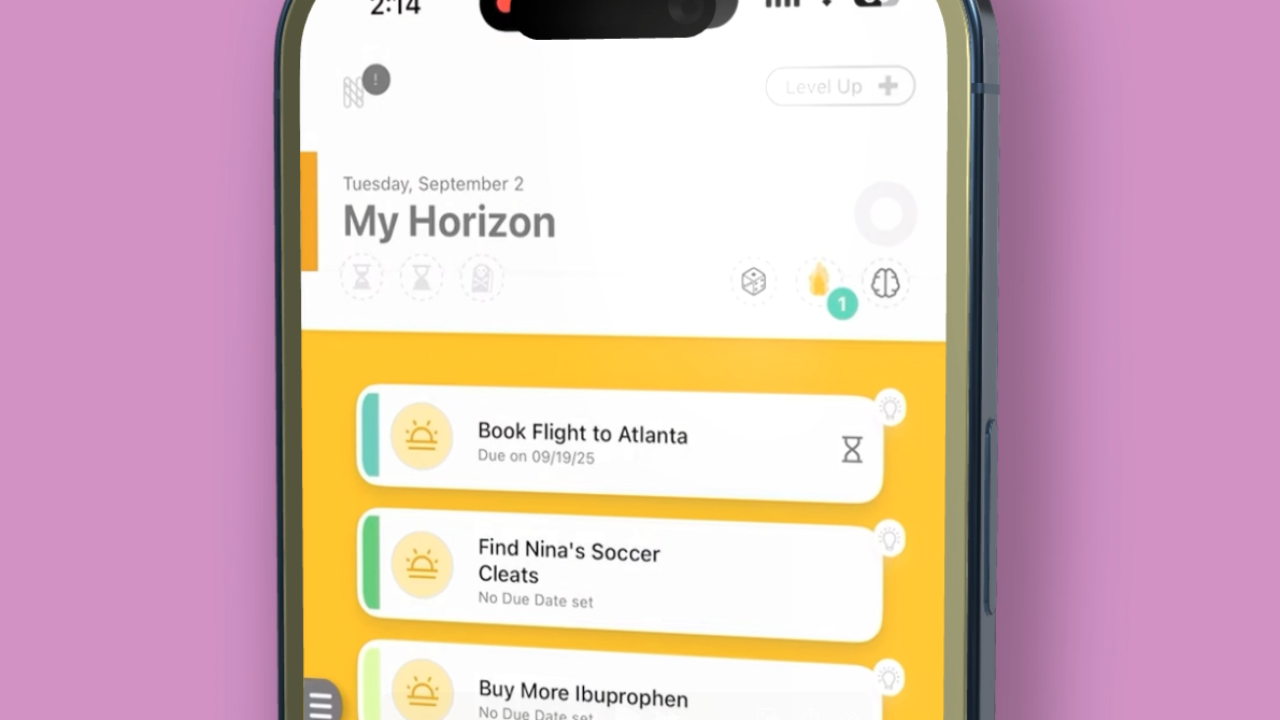A new generation of workers is entering the workforce — and the old ones may be inadvertently standing in their way.
Gen Z will account for an influx of roughly
“Employers have not adapted to this conversation,” says Casey Welch, CEO of Tallo, a job search company. “Nobody would say millennials and Baby Boomers are the same, so why do we assume that Gen Z are the same as millennials?”
Read More:
This lack of distinction is causing confused expectations on both sides. Whereas
“Being more loyal and willing to work with the company longer means they want to learn more about the company before they make the decision,” Welch says. “Because it's a longer one.”
Sixty percent of Gen Z workers are unsatisfied with their company’s current benefits, and the majority ranked flexibility and annual bonuses higher than medical coverage and PTO, according to a survey by analytics company Alight Solutions. Instead, young workers are more likely to use offerings such as short term loans, mental health applications, daily pay features and fitness and weight management services than other employees.
Seventy-two percent of Gen Z applicants are looking for a fair and ethical boss, 61% want the ability to be heard and 47% are seeking a job making an impact socially and economically, according to Tallo research.
Read more:
“When you look at a lot of the hiring practices they are very traditional — they have done things the same way for a long time,” Welch says. “[Employers] need to take a hard look and understand that there is a whole new generation coming into the workforce.”
Expectation discrepancies can be addressed by revamping
“[Gen Z workers] want to see that you have learning opportunities for them and development for them,” he says. “If you show that to them, you're going to get an employee that is going to be willing to stay with you a lot longer.”






